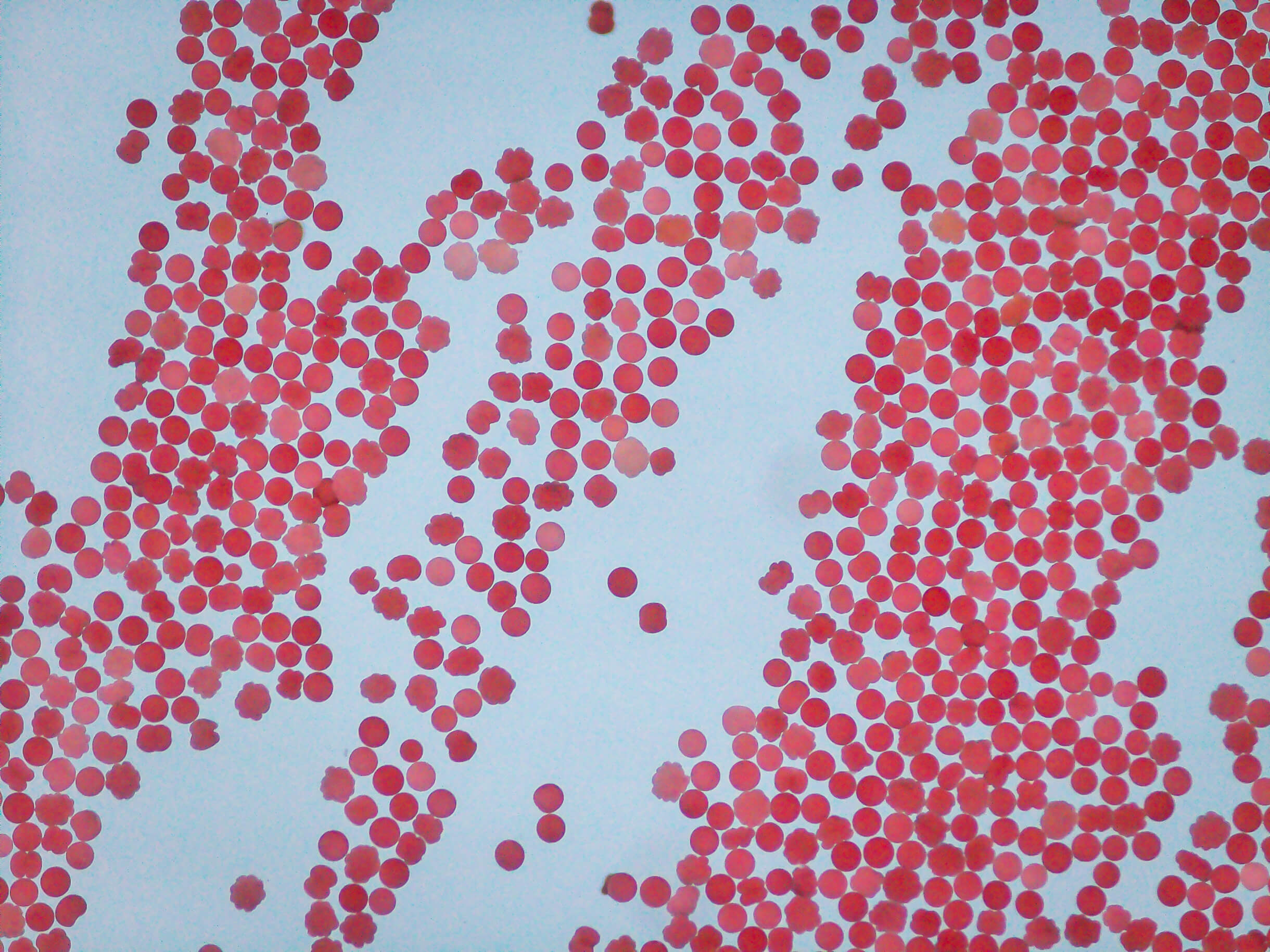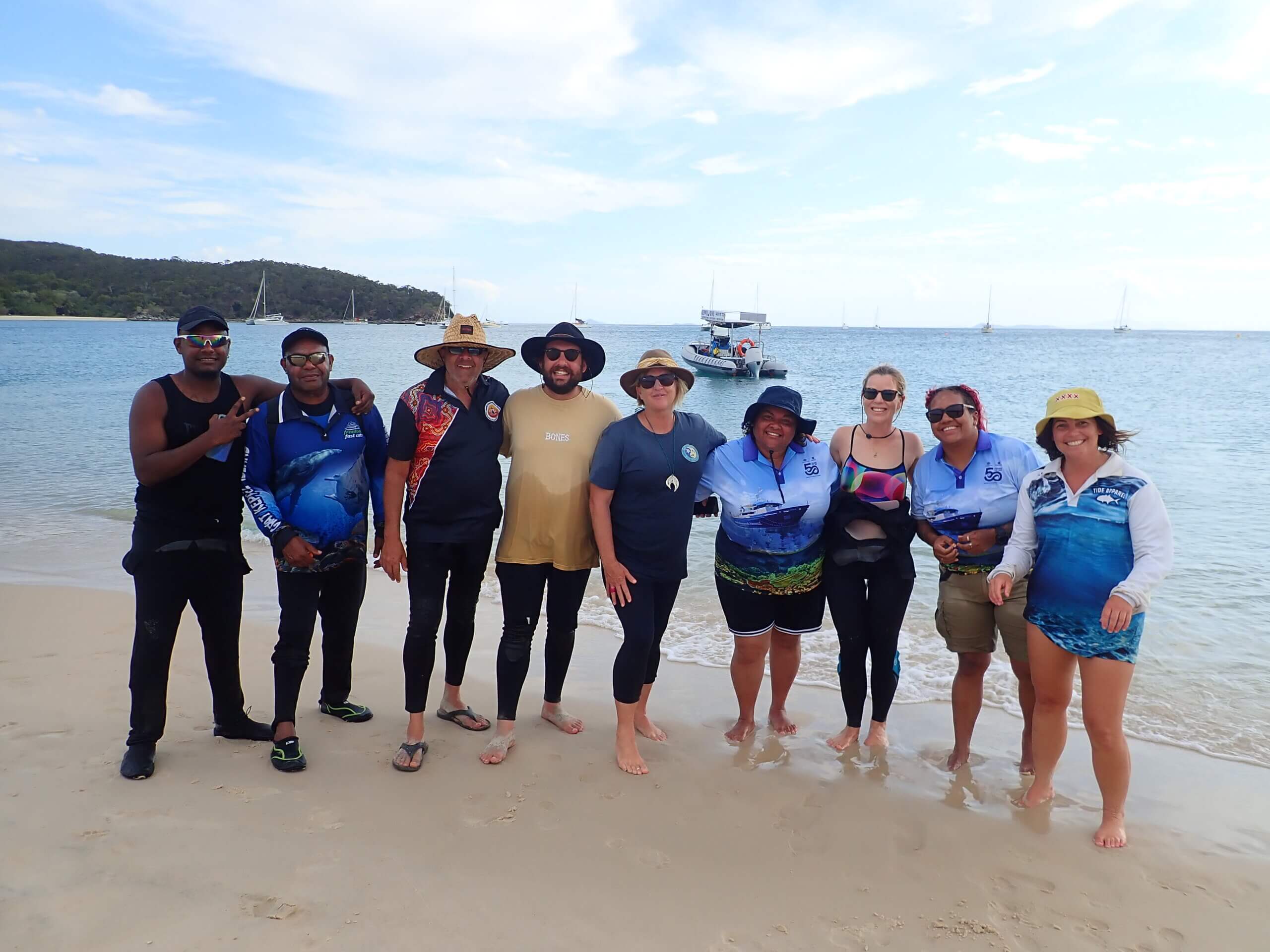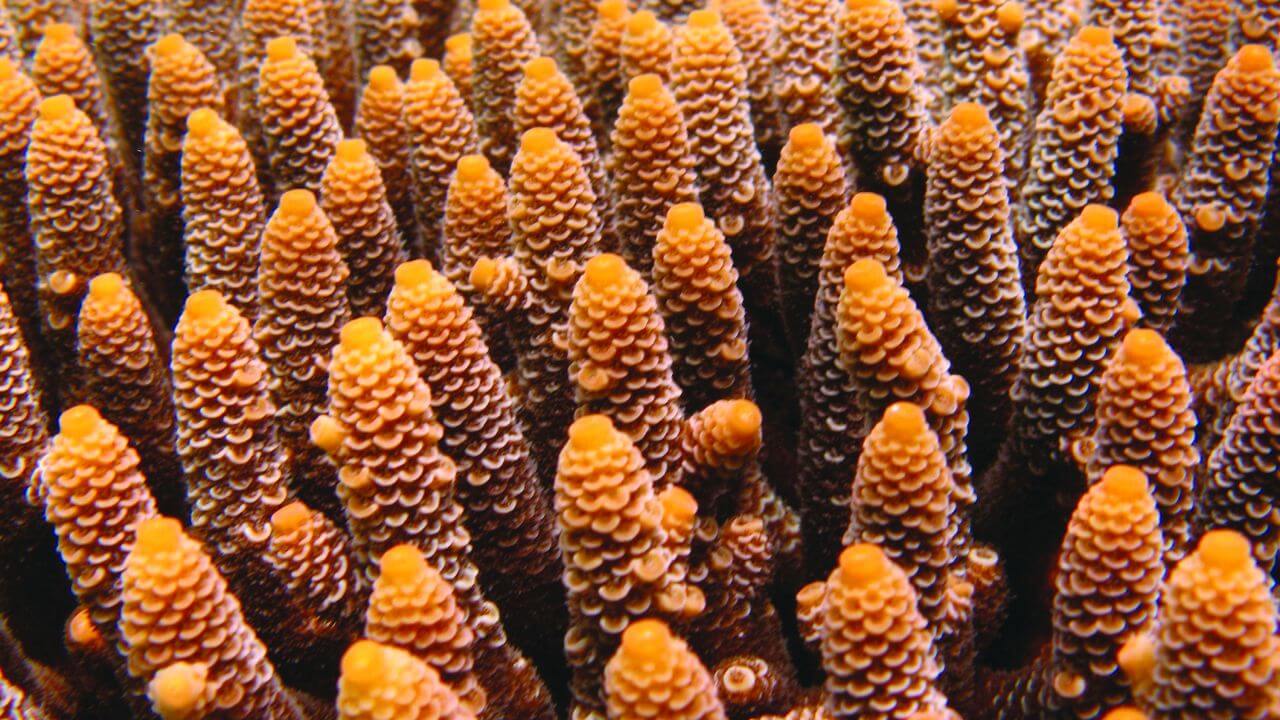
A JOURNY OF CHANGE AND CONNECTION
Part 1: Changing Mindsets – Changing Practice
This story was contributed by the Great Barrier Reef Foundation.
In an era where the importance of unity and collaboration is more relevant than ever, Liz Wren, a Wiradjuri woman and Director of Traditional Owner Strategic Initiatives at the Great Barrier Reef Foundation, and Cedric Robillot, Executive Director of the Reef Restoration and Adaptation Program, share their transformative journey.

Liz Wren
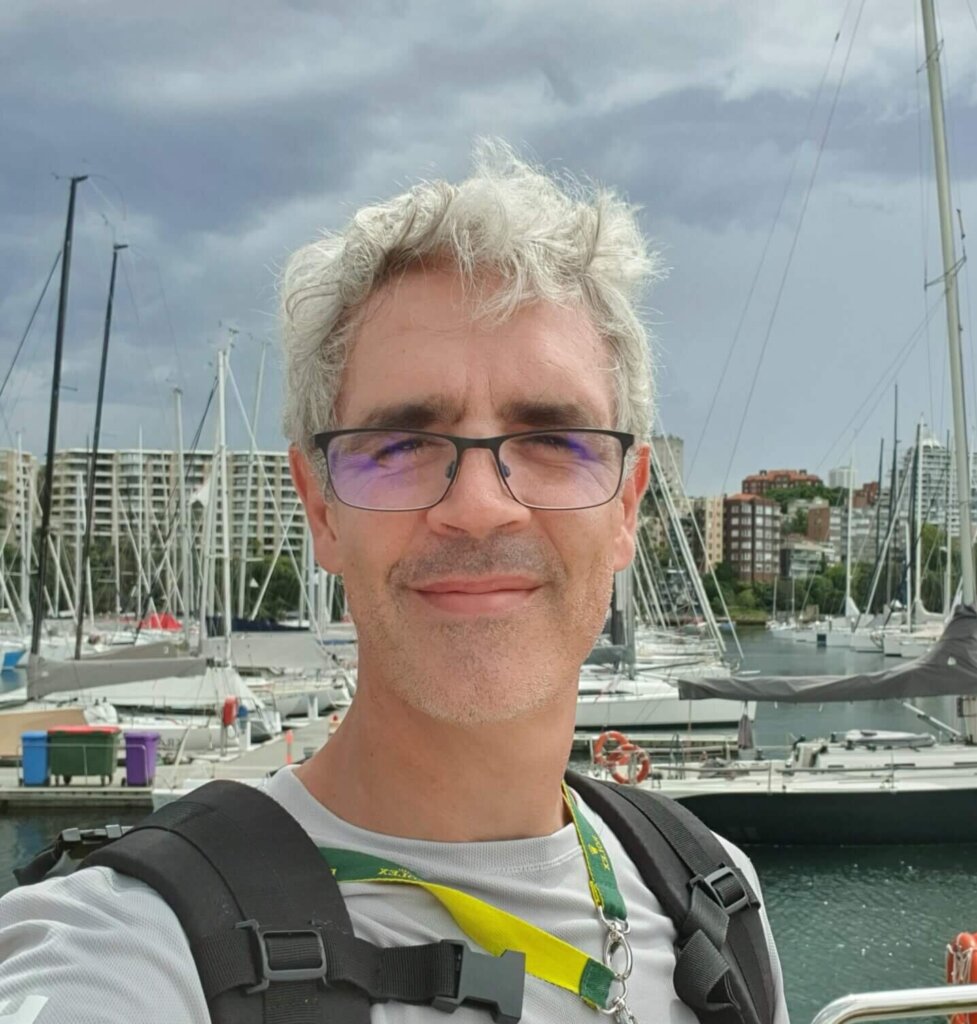
Cedric Robillot
Over the last six years, Liz and Cedric have been working to understand and facilitate the weaving together of Traditional Owner knowledge and Western science to achieve better outcomes for reef restoration projects.
Their initial meeting in 2018 brought together two distinct worldviews – the Traditional and the Western. “We were on very different pages,” Liz reflects.
Despite his academic understanding of Aboriginal culture, Cedric quickly realised the depth of what he didn’t know. This realisation was further cemented during a workshop with Traditional Owners.
“It was so obvious how inadequate our standard Western knowledge and approach to planning was,” he admits.
The workshop was an eye-opener for Cedric. He noticed that even though ‘white voices’ were a minority in the sessions, they dominated the conversation. This experience taught him about the need to create space for others to express themselves.
“I learned to listen more and talk less,” Cedric recalls.
He began to understand that standard Western planning methods were not suitable for this type of work. It became evident that reflection, a safe environment and casual conversations were key to fostering better outcomes.
Liz says: “This wasn’t just about changing systems; it was about changing people, including ourselves.”
She believes that for co-design to be effective, it must be built on trust, respect and a willingness to learn from each other. She emphasises that it’s about “building relationships, not just projects”.
“I needed to fully trust the people we had installed, including yourself, to guide us through the process.“
— Cedric Robillot, Executive Director of the Reef Restoration and Adaptation Program
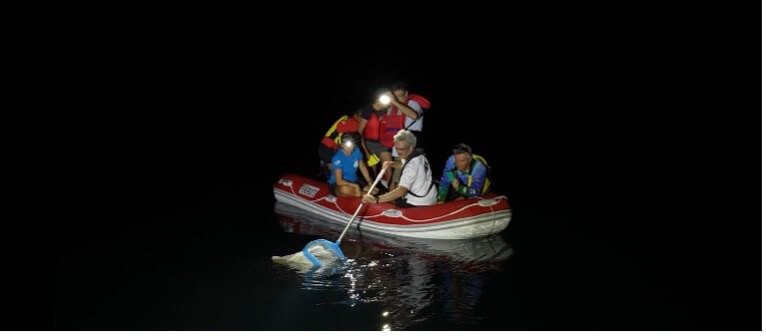
A turning point came when Cedric shared a heartfelt acknowledgment about his connection to his own saltwater country in Brittany, France.
Inspired by Traditional Owners speaking about their deep connection with Country, he rediscovered his own bond with his homeland. This realisation resulted in a newfound understanding of the profound impact of decisions made without involving the people affected by them.
Reflecting on their journey, Liz says: “It’s not an easy path, but it’s a necessary one.”
She insists that we must acknowledge the knowledge and wisdom of Traditional Owners and incorporate them into our planning and decision-making processes. “We’ve got a lot to learn from each other,” she adds.
“To change the system, we need to change people along the way.“
– Liz Wren, Traditional Owner Strategic Initiatives at the Great Barrier Reef Foundation
Their journey of co-design is a testament to the power of collaboration and the importance of shared decision-making. It underscores the significance of listening, reflecting and connecting on a deeper level.
The journey is ongoing, but the lessons learned so far are invaluable. As Liz puts it: “The work continues, but we’re learning every step of the way.”
Stay tuned for Part 2 – Building co-design from the ground up.

